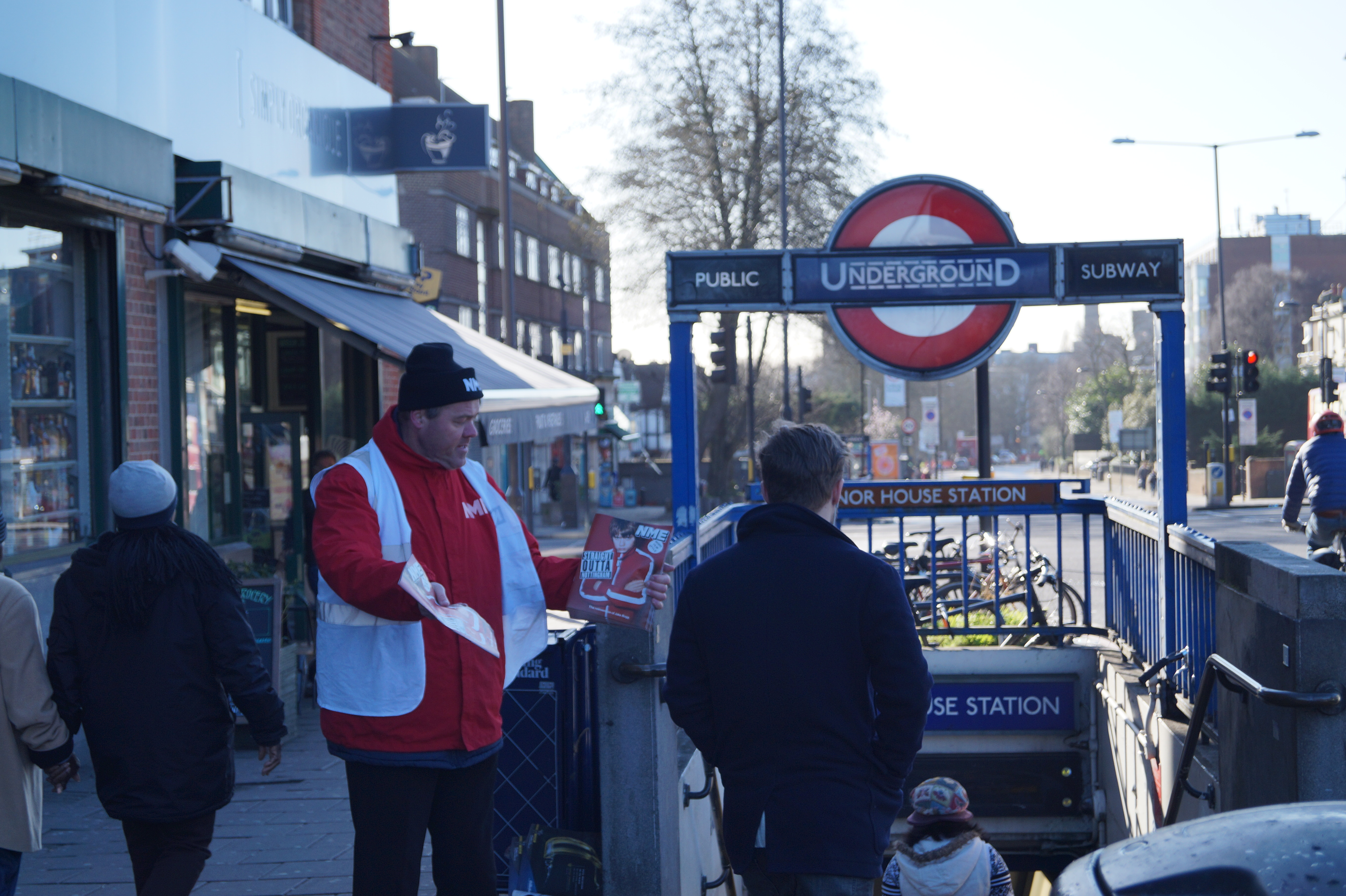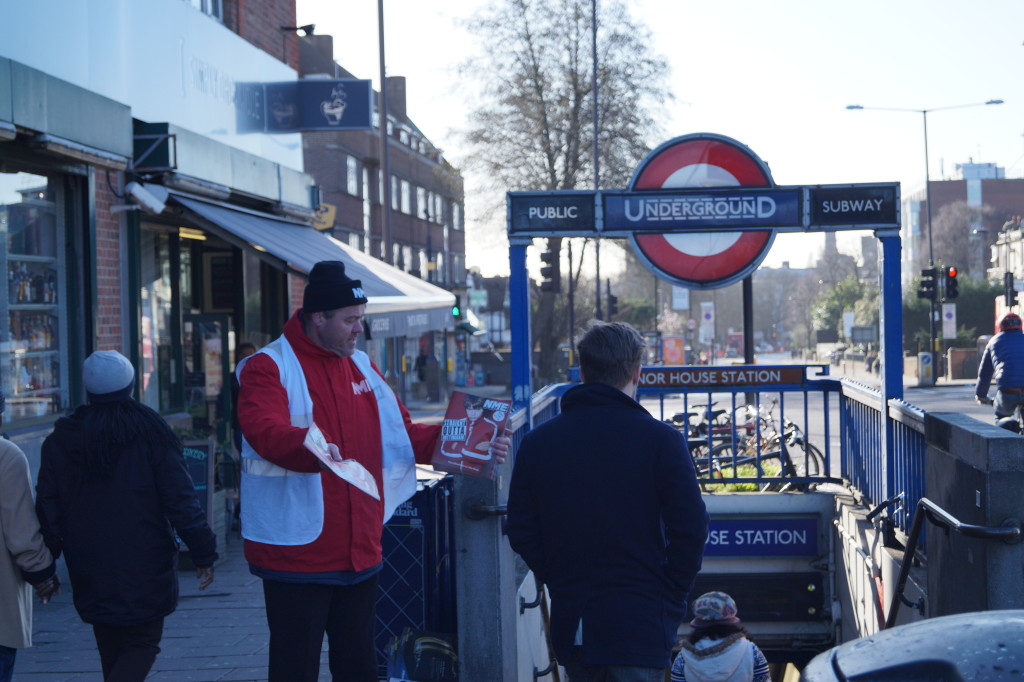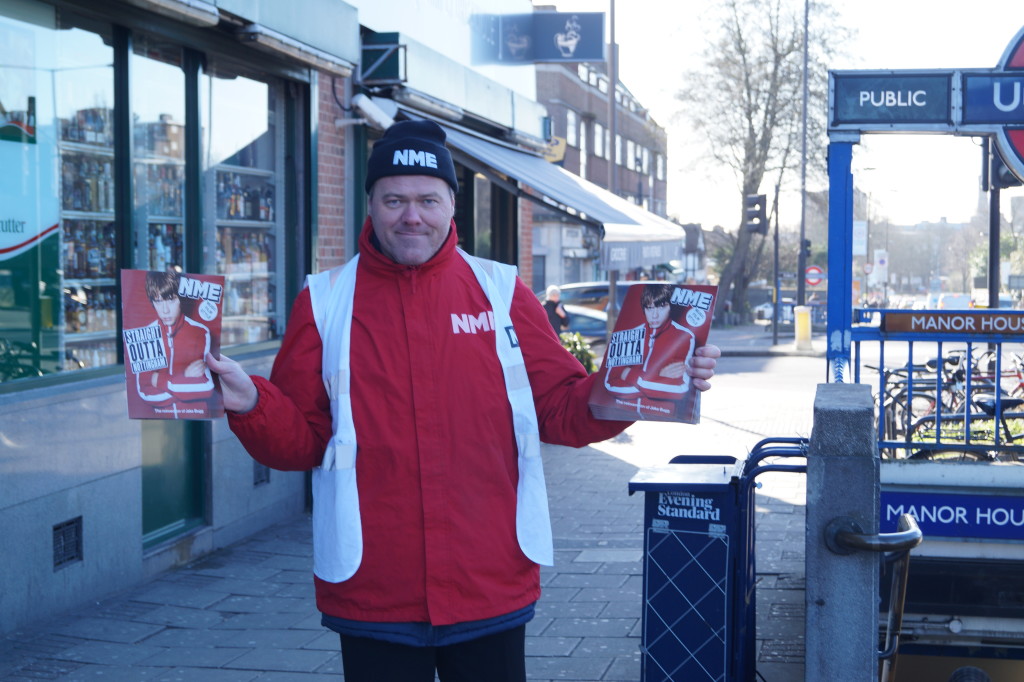
The announcement last July that NME would be going free came after a half-century reign at the forefront of UK music journalism. With a peak circulation of over 300,000, its early readers were religious about music, and its authors were worshipped with almost as much reverence as the bands they were writing about.
By 2015, however, its circulation had dropped to 15,850 – and their widening of content to include film, fashion and politics was seen by some as the last nails in the coffin of the already-dwindling weekly music press.
But in February of this year, the magazine surpassed its record circulation that had stood since 1964, and by tapping the free market the magazine seems to have bucked the trend in music journalism’s print decline.

XCity Plus spoke to its deputy editor Tom Howard, who has been with the magazine for the last 4 years and witnessed every detail of the transition to free.
What were the major factors behind NME going free?
It either goes free or it ceases to exist. That was it really. It didn’t sell as many copies as it needed to and selling music magazines is different these days.
What were the factors behind branching out your content into film, style and more?
When you’re free the only money you make is all from advertising – you need broad coverage to get different types of advertising. A magazine like this can’t be funded solely by advertising for the music industry because there isn’t any money in the music industry. We wanted to explore getting film ads, TV ads, etc. We knew that NME was a magazine that people who like music read for the music, but also that those people reading it didn’t only like music – they’re into other stuff.
NME has always had content that isn’t music in it, it’s just now it’s free and we made a big deal about having a film and TV section. If you look at copies of NME from the 1970s there’s loads of film content in there. It’s just for some reason when we went free, people pored over it a bit more and were more surprised to see it.
Is NME still a music magazine?
I would say it definitely still is a music magazine. Most of the stuff in it is music, it just covers other stuff too.
Has your target reader changed since you went free?
Do you think you’ve driven away the indie purists?
Definitely. I’m sure there are people out there who are dismayed that we don’t cover all the bands they think we should cover, but we tried that.
So there’s not enough demand for obscure indie bands any more?
We were in this weird position with the old NME where, if you put the biggest pop stars in the world on the cover, like Lady Gaga or Rihanna or Kanye, it wouldn’t sell as many copies as when you put Noel Gallagher on. That was just the reality of the situation, and we ended up putting him on the cover loads because that’s what people bought.
If you put a new indie band on the cover, like Peace or Palma Violets, no one bought it. What are we supposed to do? We can’t put things on the cover that no one buys, because we are a business.
Is there a link between the internet’s role in introducing new music first and the fact that new bands can’t make it on the cover?
I think it’s partly because people just don’t expect to have to buy stuff any more. There was a time when you needed to buy the NME in order to find out about new music, but you don’t any more. Before it went free our readership was quite old – people who had grown up reading the magazine and still saw it as ‘their bible’. But it was hard to get the new readers in because it’s hard to persuade an 18-year-old to pay £2.50 for a magazine when they could just go online. The internet is certainly a massive factor.

Do you think print journalism still has a role to play with new music?
Are there reasons other than the romanticising of print that meant you didn’t just move NME online altogether?
Can NME still have the same authoritative voice as a free publication?
Can it still provoke the same level of loyalty from a reader?
When you make a magazine the thing you want above all is for people to read it, enjoy it and want to read it again.


















